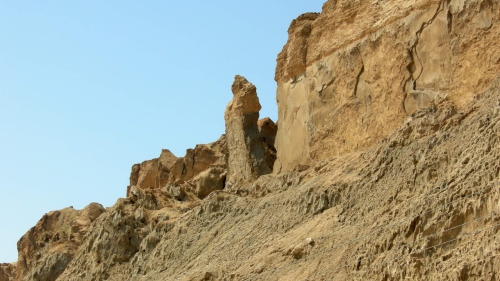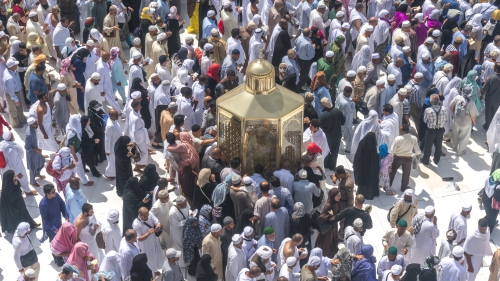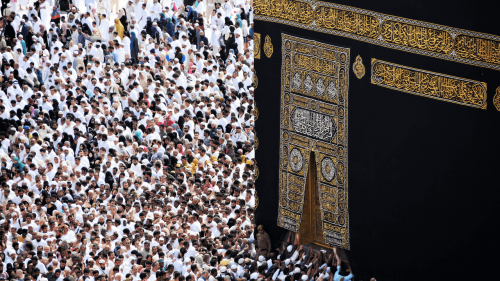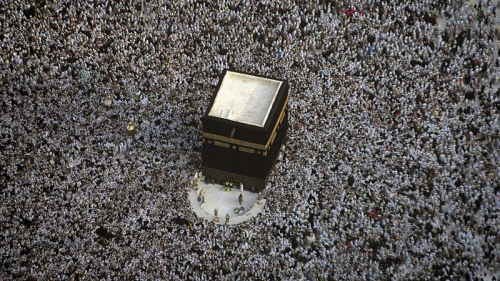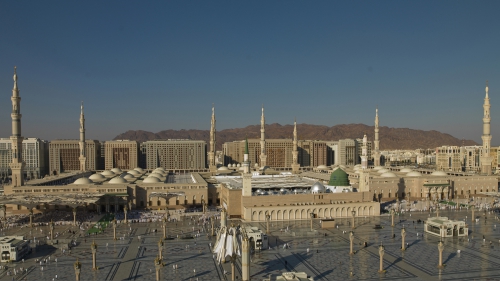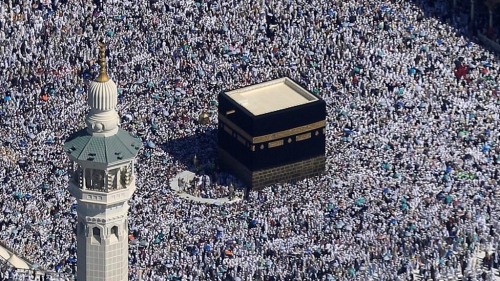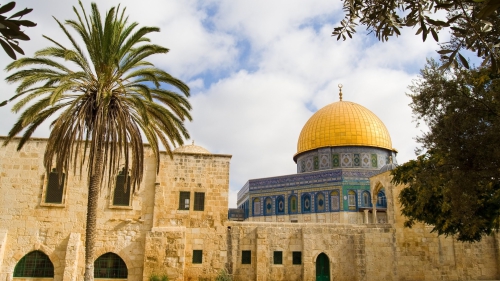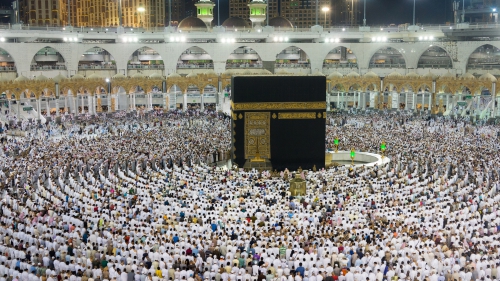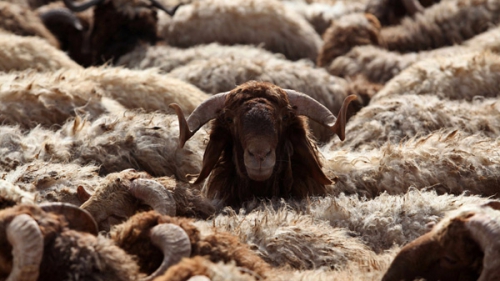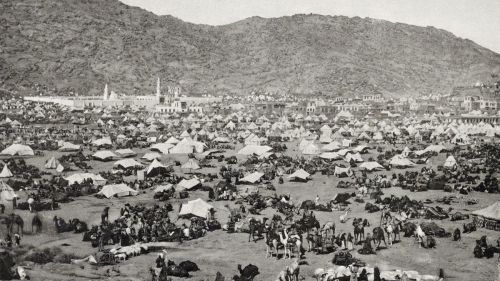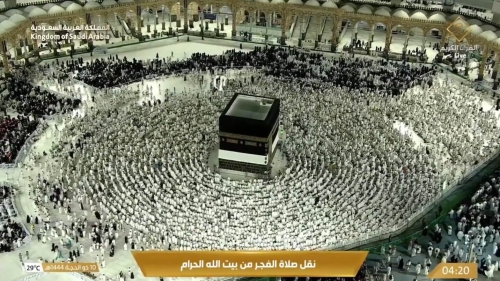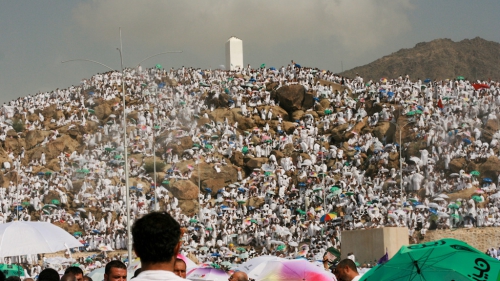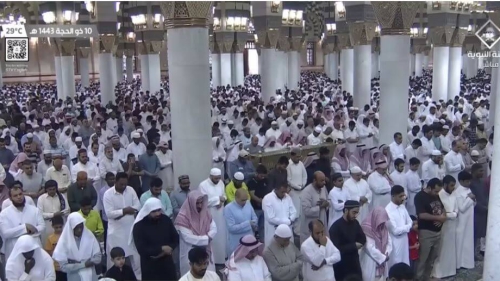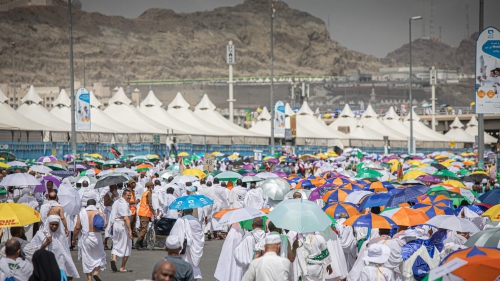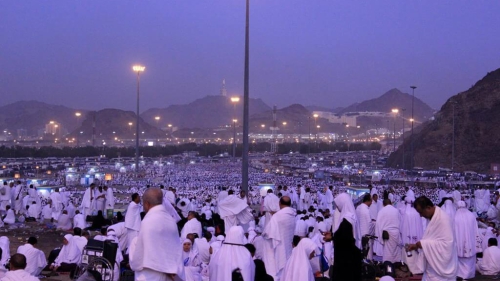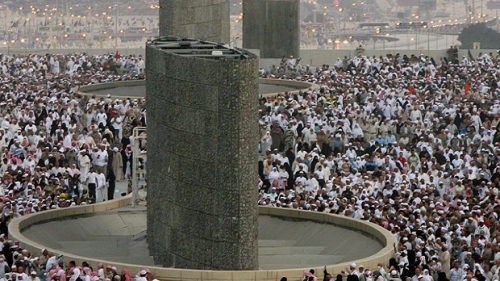Hajj, Mother Hajera, and the Masculinist Lens
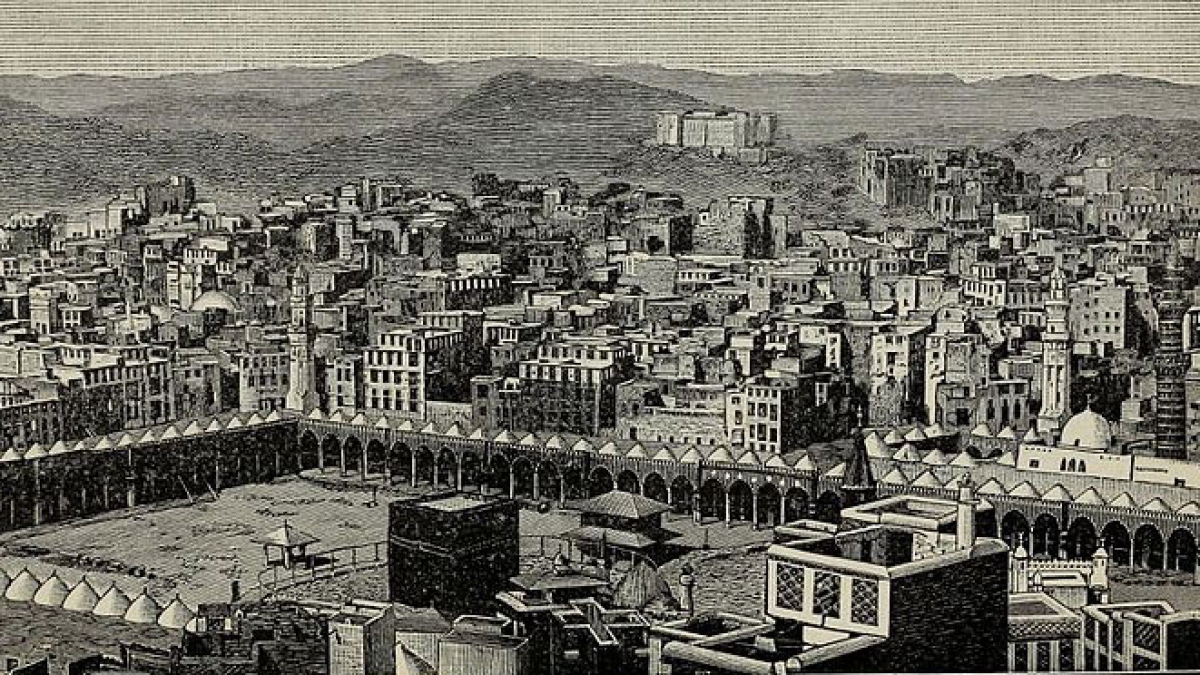 {file:content.php} {function:blp_getCustomField} {postID:21164} {customField:theClapCount} {default:0}not-in-use-in-plain-child
{file:content.php} {function:blp_getCustomField} {postID:21164} {customField:theClapCount} {default:0}not-in-use-in-plain-child



Since the publication of my article “Hajj and the Neglected Legacy of a Great Woman” almost two decades ago, I continue to come across the hold of the traditional views and narratives. Recently when I posed a question on my Facebook page “If one person is to be recognized as the founder of Makkah, who should the person be?”, the most common answer was it is the Prophet Ibrahim (a) and a less common answer is Ibrahim, Ismail and Hajera (a’s), usually placing Hajera at the end.
I find this fascinating and further thought on this has led me to think that, apart from lack of knowledge or careful reading, this might be fundamentally shaped by our masculinist (male-centred or male-predominant) perspective. When our eyes become used to colored lenses of our glasses, then we gradually see the real world through that lens. Similarly, when our eyes are covered by masculinist (in contrast with the feminist) lens (both are extremes), it is difficult to avoid the impact of that lens. While my original article was meant to create awareness about that distorted lens of ours, in this article I intend to reinforce my effort.
Most of the discussions about hajj, whether Friday sermon or religious speeches, presentations, or even writings, as I have indicated in the original article, the primary focus is on Ibrahim (a) and Ismail (a). Even when mother Hajera’s name is mentioned in passing, she is rarely highlighted for her unique contribution and her name is tagged at the end.
Thus it is not surprising that when I posed the question about who might be founder of Makkah, most of us do not think about mother Hajera (a). And, those who are not even aware of the prejudiced lenses over their eyes, they commonly fall into the trap of their masculinist interpretation or understanding. In response to my recent posting on Facebook (as to who should be recognized as the founder of Makkah, if a single person is to be recognized), a fellow Muslim wrote: “Since Ibrahim (a) brought and left mother Hajera to that valley, it should be Ibrahim (a), Ismail (a) and Hajera.” This response is quite typical and predictable, which provoked me to add further to this topic. There is a little bit more to this comment, because earlier the same person has accused (and even cursed me) as a “feminist,” to which I clarified that I believe both feminist and masculinist positions are extreme and I prefer to view and position myself simply as a Muslim.
Regardless, what that Muslim answered about who should be regarded as the founders of Makkah is not surprising. Rather, that’s the traditional narrative and understanding. It is my impression that those who simply cannot discard the name of Hajera, usually append the name as the last in the list, so at least marginally she is mentioned. However, if we can put aside the masculinist lens and read the relevant hadiths carefully (for example, https://sunnah.com/bukhari/60/43), while keeping the following queries, we might have a more nuanced understanding of the narrative.
- Yes, it was Ibrahim (a), who at God’s instruction, brought to and left his wife Hajera (a) and infant Ismail (a) in that uninhabited valley. But did he know why God instructed him as such? The answer is: NO.When he had to leave his beloved wife and infant, we can only imagine his emotion as a human being, but as a Prophet of the highest stature, we can be confident that he reposed his trust in God and complied with the instruction in the most illustrious way.
- When Ibrahim (a) left them, except for little provision, did he arrange for food and water for an extended period of time? The answer is: NO.After the water was finished, the entire valley did not have water and lack of water was the reason for that valley being uninhabited. Then, the food also was finished, but in that harsh environment of rugged valley finding water was the first existential challenge.
- When the baby Ismail’s life was in danger due to lack of water, mother Hajera (a) frantically rushed back and forth between the hills, in that struggle and suffering did any other adult (or mahram male) have any share? The answer is: NO.
- When Ibrahim (a) left his wife and infant in that uninhabited valley, except the infant, was mother Hajera (a) by herself? The answer is: YES.
- Before the spring of Zamzam appeared as part of the divine grace and intervention, was there any habitation at all? The answer is: NO.
- When Zamzam spring appeared, a caravan was passing by and suspecting the presence of water they searched the trail and found mother Hajera (a) and the infant by the spring. Was there any habitation before that caravan found mother Hajera (a) and the infant? The answer is: NO.
- When the caravan sought the permission of mother Hajera (a) and after receiving permission they decided to settle there, was Ibrahim (a) present there? The answer is: NO.
- When did Ibrahim (a) come back? Many might not know or did not pay attention reading the sources. According to Sahih Al-Bukhari (cited above), he returned after mother Hajera’s (a) death. Actually, much after her death. He returned after Ismail (a) grew up and married.
- Before the return of Ibrahim (s), whom God engaged in this struggle, sacrifice and suffering all alone and took that person’s service for the humanity? The answer is: mother Hajera (a). Ibrahim (a) returned after a long time when Makkah has already become inhabited, whose foundation was laid by a lone woman in that desolate, uninhabited valley.
Subsequently, after the return of Ibrahim (a) and joining Ismail (a), together they raised the foundation of Ka’ba and gradually Ka’ba as the place and Makkah as the city became the heartland of Tawhidi (monotheistic) legacy. God ennobled Ka’ba as Baitullah (God’s home). And that’s why the names and legacy of Ibrahim (a), mother Hajera (a) and Ismail (a) became inseparable from the history and legacy of Hajj, Makkah and Ka’ba.
However, as per His plan, God took the struggle and suffering of a “lone” woman (unaccompanied by a male guardian or mahram male) in that desolate, uninhabited, water less valley and turned into a vibrant city to serve as the heartland of tawhid and Islam, and that woman, the mother of all Ismails like us, is mother Hajera (a).
After all these elaborations, if someone is still reluctant to recognize the unique role of mother Hajera, as per God’s own plan, then most likely it is the influence of that masculinist lens. I invite everyone to be aware of that lens and, putting it aside, endeavor to study and learn about our history and legacy as it is.
[The author is an associate professor with University of Bahrain]
Topics: Hajj, Hajra (Hagar), Prophet Ibrahim (Abraham) Channel: Hajj - Day 3
Views:2521
Related Suggestions
In accordance with Title 17 U.S.C. Section 107, and such (and all) material on this site is distributed without profit to those who have expressed a prior interest in receiving the included information for research and educational purposes.



